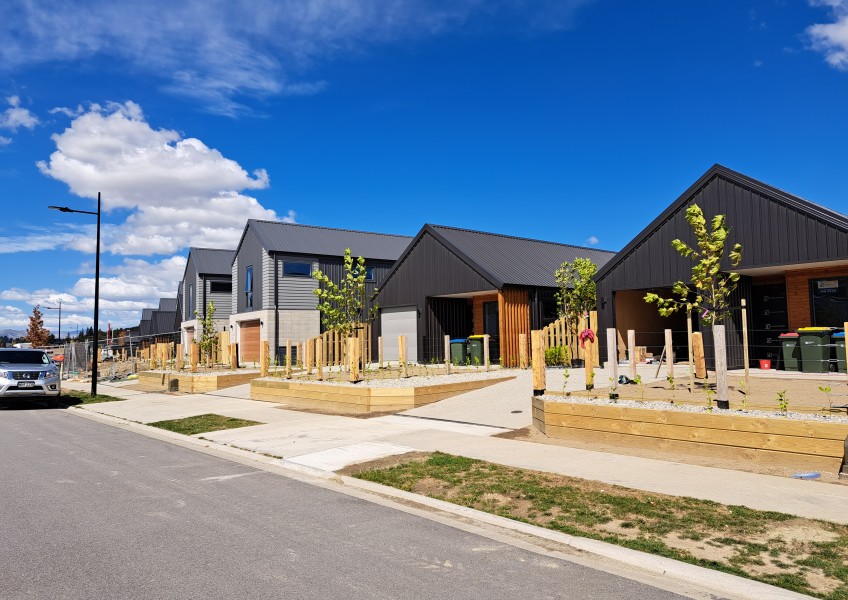
Queenstown housing: could building up drop rents by 30 percent?
A proposal that would see residential developments in the Queenstown Lakes district go up as well as out has the potential to drop rents by as much as a third.
The observation comes from new Queentown Lakes District Council housing officer Emily Irwin, who is referencing research from Auckland into the impact of district plan-approved intensification there.
Eight years ago the Auckland Council introduced its Unitary Plan, and two academics from the city's university have concluded that by enabling 'up-zoning' the plan has significantly increased housing supply and led to lower rents.
According to their research, in the six years after the rule changes were introduced, rents for three bedroom homes in Auckland were 26 percent to 33 percent lower than they otherwise would have been. Likewise, the trajectory of house price increases also slowed when compared with other places.
Ms Irwin was talking with Harcourts real estate agent Maria Rosa on her 'Queenstown Property Chats' podcast, providing something of a 101 on some of the challenges facing the Queenstown property market, as well as potential solutions to them.
One of levers the council can pull that she talks about - zoning rules.
"We're trying to change the zoning of different parts of the areas, so that we can have more houses in smaller spaces and we can enable people to build in increase supply," she says, referencing the council's proposed urban intensification variation.
It is her view Auckland and its Unitary Plan is "a really great example" of zoning changes having "a really big impact" on housing outcomes.
She says the research shows the Unitary Plan has been "increasing housing supply and lowering the amounts that people are paying for their homes" and this effect is expected to continue over the longer term.
The Unitary Plan "is similar to what we are doing here in Queenstown", she says.
"We're saying in certain areas there are limits on what you can build; let's loosen those a little bit to enable people to build more homes and increase that supply."
What areas specifically? "All over the show," she says.
The council's 'higher, denser, smaller' proposal is not without controversy.
More than 1,000 submissions were received on the intensification plans, with several community protests executed.
The next step in the process, when a report by council planners on the contents of the submissions is released, is flagged for next month.
Since September, not long after Ms Irwin started in her role with the council, Crux has repeatedly asked for an interview with her. This request has been denied.
At the start of her interview with Ms Rosa, Ms Irwin provides a potted history, including details of former employment.
"I whakapapa to Ngāti Porou, and I grew up in the Hawkes Bay, but I studied down here in Otago, and it's great to be back down south," she says.
"I have a central government background...I was at the Ministry of Transport, I was at the Treasury for a number of years, and in the Department of the Prime Minister and Cabinet."
She says while the council "does a lot of things in the housing space", her role is about connecting all of those things and "really bringing that strategic lens and that longer term and structural thinking".
"So it's not so much about dealing with the acute issues as a community right here today, it's more thinking, 'OK, so we've got a huge housing challenge in our district, how do we solve that in the longer term and what are the things we need to do to make sure that it's a sustainable solution going forward?'."
Her role brings her into regular contact with the Queenstown Lakes Community Housing Trust, the Queenstown Business Chamber of Commerce, and central government agencies, she says.
Main image: A residential strip in the Northlake subdivision in Wānaka.





























